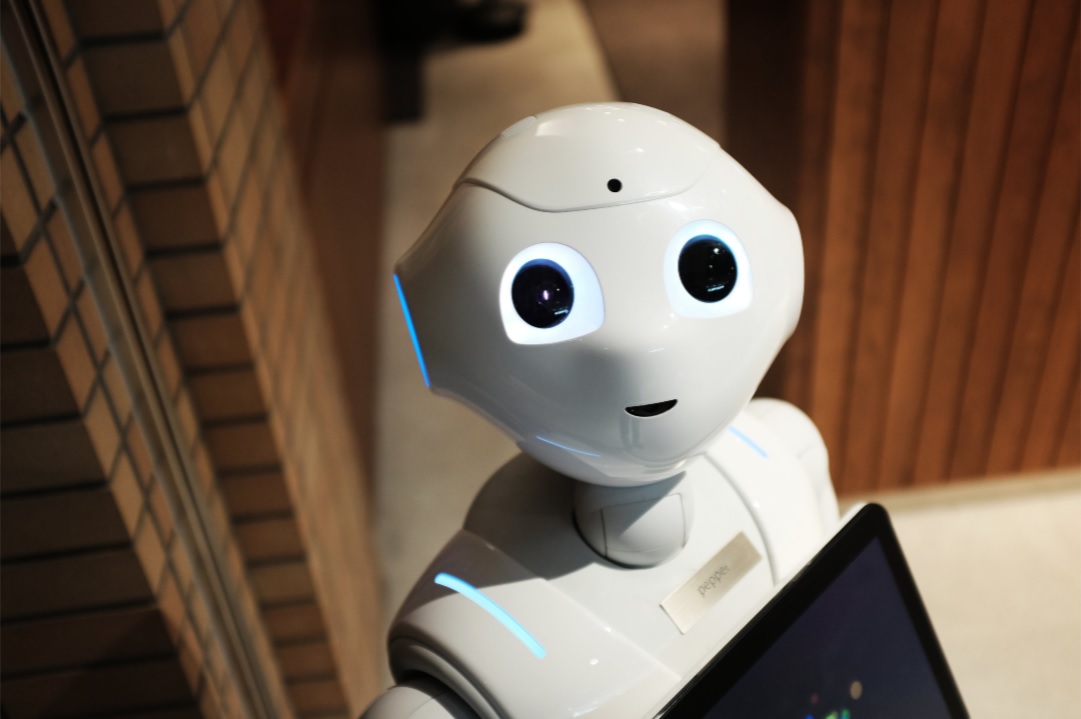Confusing difference between AI and ML – and why both are correct
I decided to choose this time a pretty heavy topic to discuss ‘cause I’ve always wanted to get it off my head. It’s the real difference between artificial intelligence and machine learning. I acknowledge that people have separate opinions on that and possibly not everybody might agree with me, but I will tell about my perspective and how I distinguish what should be called ML and what AI.
Difference between those terms is mainly a difficult topic as artificial intelligence is a super hype term and most engineers will start to make ironic jokes once you seriously try to discuss that. They are after all the technical people and understand very clearly how AI “looks like” (as it can be visually seen through the lines of code). And I cannot blame them, artificial intelligence as a term really got a bit too much attention from the public at a bit too early development stage and in a lot of cases, the term itself was misused. I even did it myself at the beginning, but the good thing is that people learn really fast and as of that, I have become much more cautious when it comes to talking about artificial intelligence.
I still think about the time I was conducting interviews with AI developers either for my thesis or the Estonian national AI strategy plan. All the data scientists and technical analysts that I interviewed wanted to drop the artificial intelligence term off the table immediately and use terms machine learning and data science instead. At the same time, business people were kind of okay with talking specifically about AI, but mixed the conversation also with aspects of ML and data science depending on the content. That’s because all those three terms really have a different meaning, and whether one is more hype or not - actually none of those is wrong if used smartly.
I have more or less defined the terms of artificial intelligence, machine learning and data science on my first-ever blog post so I’m not gonna dive into the definitions deeply. In case you haven’t read it - have a look at “What Does It Take to Create an AI?”. But from a wide perspective - the picture that you see right below about the definitions is kind of correct. And not funnily correct as technical people find this picture as a hilarious joke, but seriously.
What can we call AI? While I was testing out different classification and regression models in Python, I could not ever say that I was developing AI. While building a basic self-driving car technology in Spyder, neither that was fair to be called developing AI. That was purely machine learning and that’s why engineers will never talk about artificial intelligence. However, at the same time we see ride-hailing platforms Uber and Bolt solving the urban mobility problems through AI technology of self-driving cars. Misconception? Not really.
The difference between AI and ML comes from the environment you are in. Engineers and data scientists know exactly what happens inside the “AI system” (or at least know to a reasonable extent - “black box magic”), for them there is no artificial intelligence. They literally taught the machine the knowledge it has based on the inputs that they had. Artificial intelligence, on the other hand, is more of a vision and a tool - a library of knowledge and set of resources, which helps companies and people, in general, to do something in a somehow better way. So, often when business people refer to artificial intelligence solving complex problems - they also refer to all the resources that it takes - would it be human resources such as engineers, product managers or analysts, time, money or research.
Experienced business-tech people understand that there is no such thing as let’s put data into the box and get an AI back. Artificial intelligence is the final product of a sophisticated development process, which can be used either by consumers or companies. And we know well that business people are driven by final results, which can be used to achieve either business growth, increased efficiency or whatever outcome they are after for. Therefore - as business people talk about final products and goals, the term of artificial intelligence can in that case more proper than machine learning. You can also refer to “product that is based on machine learning”, but usually it’s much more than only ML behind there - rather a complex system of numerous technologies. Hence, where relevant - artificial intelligence as a term is not incorrect.
PS! I do have to say that not every final product using machine learning should be called AI. When going around AI conferences I see that term AI is highly overused by early-stage startups mainly in order to attract investments and sound more fancy. However, I tend to believe that such unthoughtful misuse in such early phase probably leads even to an ignorance of the real value and potential of those startups and their products. Key takeaway - act smartly and don’t compensate your product handicap with buzzwords.
So, to wrap it up - next time you use the term artificial intelligence wisely and still get ironic feedback, then it can be possible that you might understand the topic better than them in that context. Cheers!
